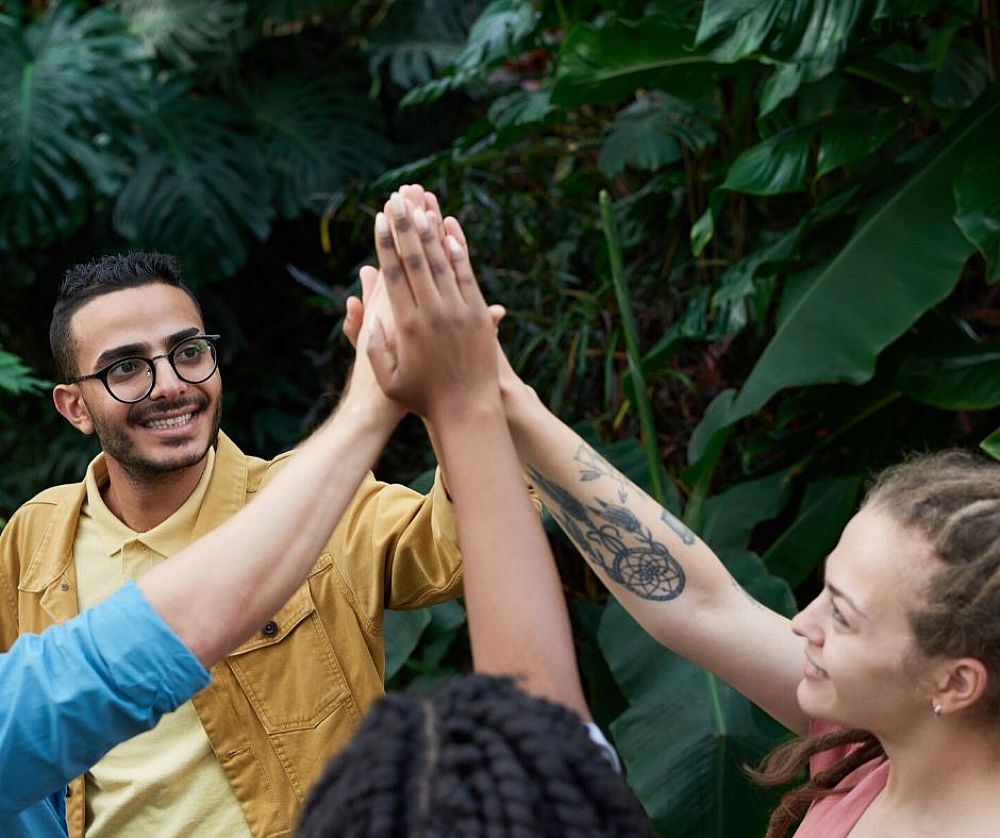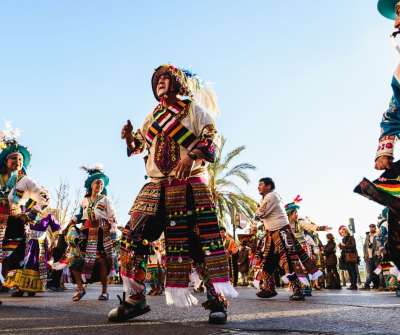Tips for Getting Involved in the EFL Community Abroad

Are you planning on teaching abroad, but worrying about how you can get involved in the community and leave a memorable impression on the locals? Language barriers may make this seem like a harrowing task, but fear not, the following is a list of a few jumping-off points for those planning to take the plunge into their new community.
International Events
Celebrating multiculturalism in a community is a worldwide phenomenon, even for unassuming towns. In our rural port-town in Japan, we have multiple events throughout the year to promote understanding and celebrate the various cultures and people who have made Japan their home, temporarily or forever. These events included Filipino traditional dance classes, Malaysian food tasting, and cooking classes, as well as North American Halloween trick-or-treating events for children. At every event, there were a few key speakers who could speak their native language as well as Japanese and an even larger amount of volunteer instructors who had basic to no knowledge of the Japanese language.
This language gap didn’t matter as these were all hands-on events that could be completed with just a few basic phrases and a lot of gesturing. If your community doesn’t have anything in the works, try bringing it up with other English teachers in your area and see who would be able to contribute to planning one of these events at a community center or at a school. No skill is too small to share, there was even an English teacher who had a pancake making class in his town, which was a huge success, and created demand for another a few weeks down the line.
Sports Teams
Joining a sports team with a language barrier may seem intimidating, but it’s possible and absolutely rewarding. In my city, there were five English teachers who joined the local hockey league, and only one could speak Japanese fluently. How did the others communicate and connect with their teammates? For starters, the league was fairly amateur, and the rules of hockey are the same around the world, so it wasn’t a stressful situation to begin. However, when they did need to speak to each other, it took the Japanese members time to use their English, and the English speaking side to use their Japanese, alongside a lot of gesturing. It’s possible to join a team and grow together; I’m sure the locals loved having some foreign players on the team, and the English teachers were able to learn lots of hockey lingo in the process.
Is every sport more or less “sports ball” to you? That’s alright, you don’t need to play to join in the community spirit! Showing up to support local teams, or your own school’s teams will have a huge, positive impact for you and the locals. Gather up your friends and head to the arenas or courts, it’s a fabulous way to meet others and share the celebration of local talents, even if sports aren’t your forté.

Culture Classes
A little culture exposure here and there is a great way to connect with your new surroundings and even make friends in the process. In my city, there were so many culture classes to choose from, it was like being a kid in a candy store. Aizome (indigo dyeing), ikebana (flower arranging), shodou (calligraphy), sadou (tea ceremony), and shamisen lessons (three-stringed traditional instrument) were just some of the many options available to the community.
Modernization has made a lot of these cultural activities “uncool” to younger generations, so the instructors will be absolutely delighted to share their bounding knowledge on the subject, especially if it means it will keep interested in the community growing. If you don’t know where to start searching for these activities, it’s always a good idea to check with your headteacher and start asking for any connections they may have. I told one person that I was interested in kyuudou (Japanese archery), and I suppose this was very good gossip, as the very next day a principal from a neighboring school came to work to show me the local archery range! People will always be willing to share their culture with you, as it introduces you into a niche part of their lives, and most importantly, helps keep it alive, even when you return home.
Holiday Festivals
There’s no better time to connect with your community than the celebration time! Local holidays and important festivals are heavily advertised and planned well in advance, so it’s easy to find them. Since these are such large events, the preparation is immense, so you can talk with your headteacher or the events coordinating team to see if you can help out. In the past, English teachers in my city have helped carry omikoshi (portable shrines), build floats, choreograph dances, and even document the process on social media as a way of lending their help. As well, cities or towns around your own may have their own very local festival, such as community rice planting and harvesting, so it’s a good idea to check with others a few cities over, as these may be less advertised, but still need help from others in order to have a successful turnout.
Having foreign instructors at any holiday festival reflects that we are happy to learn and experience things important to those around us, and makes creating and maintaining relationships with the locals attainable.

Do you want to teach English abroad? Take a TEFL course today!
Apply now & get certified to teach english abroad!
Speak with an ITTT advisor today to put together your personal plan for teaching English abroad!
Send us an email or call us toll-free at 1-800-490-0531 to speak with an ITTT advisor today.
Related Articles:
- The How-To Guide to Prepare for Your Teaching Job Abroad
- The Top 5 TEFL Destinations for Adrenaline Junkies and Adventure Seekers
- 9 Small Details That Matter When Teaching EFL
- The Advantages and Disadvantages of Teaching English to Young Children
- 7 Teaching Skills in the Classroom You need To Incorporate into Your Lessons
- What TEFL course is most useful?




